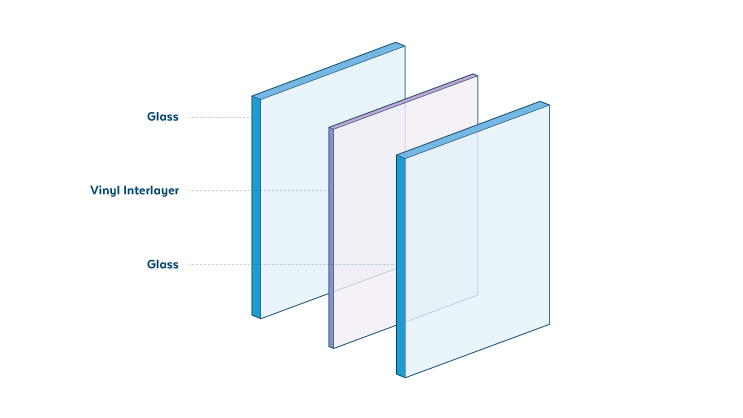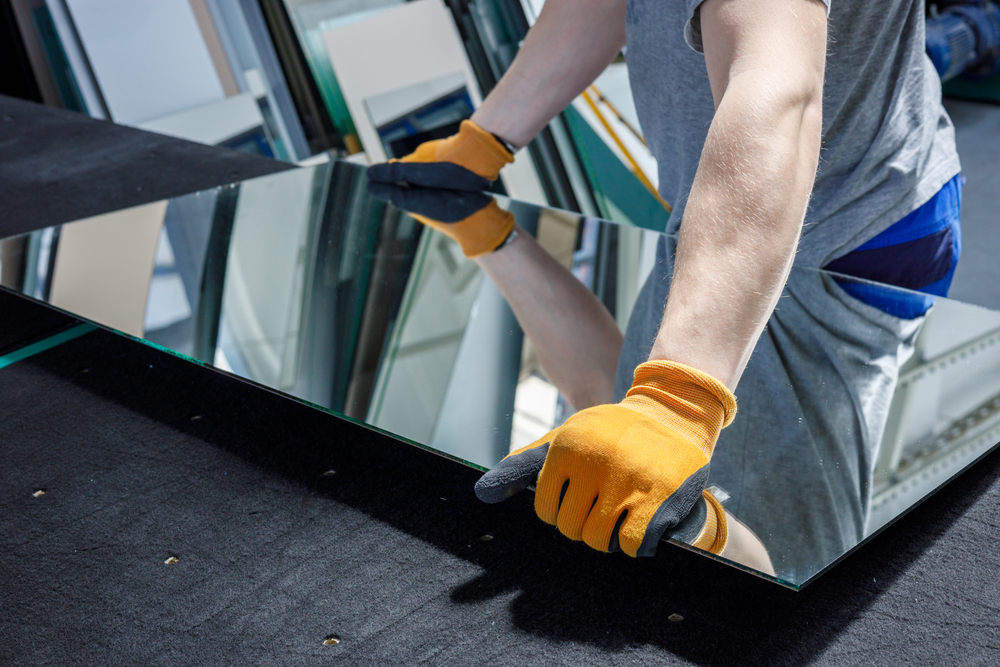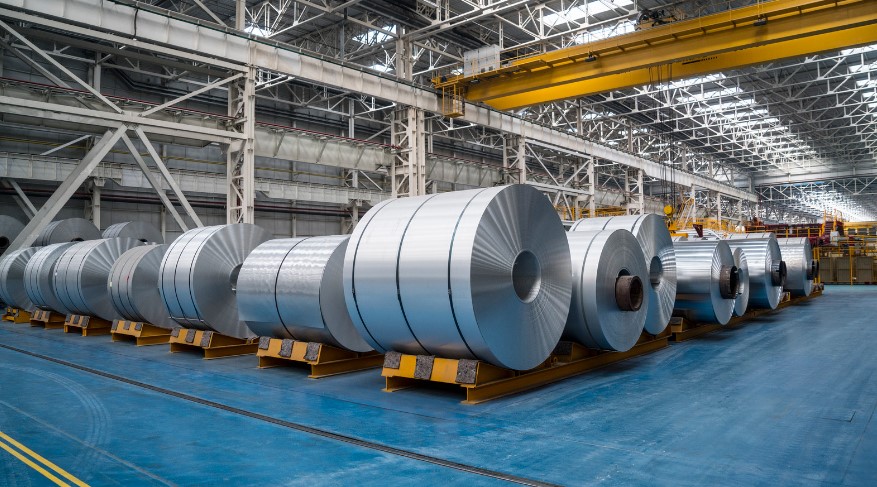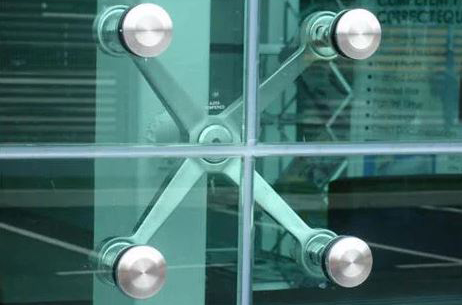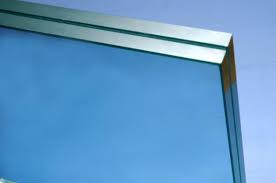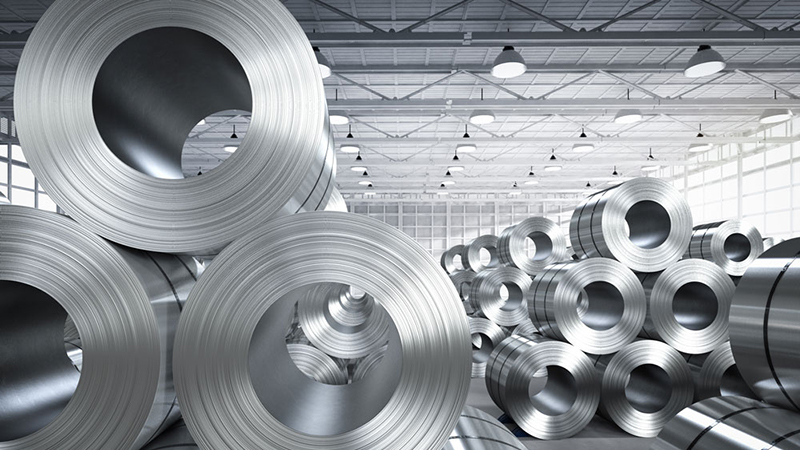If you live in an area with a lot of traffic noise, you know how important it is to have a good sound system in your home. But what if there was a way to actually reduce the amount of noise that comes through your windows? Find out in this article how laminated glass can help create a quieter environment in your home.
What is Laminated Glass?
Laminated glass is a type of safety glass that is made by sandwiching a layer of plastic between two layers of glass. The plastic layer helps to hold the glass together if it breaks, making it less likely to cause injury. Laminated glass also has better sound insulation properties than regular glass, making it an ideal choice for areas where noise reduction is important.
How Laminated Glass Reduces Noise
Laminated glass is a type of safety glass that consists of two or more layers of glass, with a layer of plastic film in between. The film acts as a barrier to sound, making laminated glass an effective choice for noise reduction.
Laminated glass is often used in car windshields and windows, as well as in buildings where noise reduction is desired. The thickness of the glass and the type of film used can vary, depending on the level of noise reduction desired.
Laminated glass is an effective way to reduce noise because it absorbs sound waves, rather than reflecting them like traditional glass does. The film barrier also prevents sound waves from passing through the glass, further reducing noise.
If you’re looking for a way to reduce noise in your home or office, consider laminated glass. It’s an effective, durable solution that can provide you with the peace and quiet you desire.
The Different Types of Laminated Glass
There are two main types of laminated glass: safety glass and acoustic glass. Safety glass is used in applications where there is a risk of breakage, such as in car windshields. Acoustic glass is used in applications where noise reduction is desired, such as in office buildings.
Laminated glass is made by bonding two or more sheets of glass together with a plastic interlayer. The interlayer helps to hold the glass together if it breaks, and also provides some sound insulation.
Safety glass is usually made with a clear interlayer, while acoustic glass often has a thicker interlayer that is tinted or opaque. The type of interlayer used will affect the performance of the laminated glass.
Laminated glass can provide good sound insulation, but it is not always the best choice for noise reduction. In some cases, other materials such as acoustical insulation may be needed to achieve the desired level of noise reduction.
The Pros and Cons of Laminated Glass
Laminated glass is a type of safety glass that is made by bonding two or more sheets of glass together with a layer of plastic in between. Laminated glass is often used in car windshields, window glazing and is also used in bullet-resistant glass.
Laminated glass has a number of advantages over regular glass, including increased strength and safety, improved noise reduction, and UV protection. However, laminated glass also has some disadvantages, such as being more expensive than regular glass and being more difficult to recycle.
How to Choose the Right Laminated Glass for Your Home
Laminated glass is a popular choice for windows and doors because it is strong and durable. But did you know that laminated glass can also help to reduce noise in your home?
There are two types of laminated glass: acoustic and non-acoustic. Acoustic laminated glass is made with a special interlayer that helps to absorb sound, making it an ideal choice for homes in busy areas or near noisy neighbors. Non-acoustic laminated glass does not have this special interlayer, but it is still thicker and stronger than regular glass, so it can help to reduce noise levels by blocking out some of the sound waves.
To choose the right type of laminated glass for your home, you will need to consider the level of noise reduction you need. If you live in a very quiet area or your home is well insulated, non-acoustic laminated glass may be sufficient. But if you live in a busy area or near loud noises, acoustic laminated glass will provide the best noise reduction. Finding the best glass fabrication company will help you to take better decisions. Get in touch with our experts for consultation
